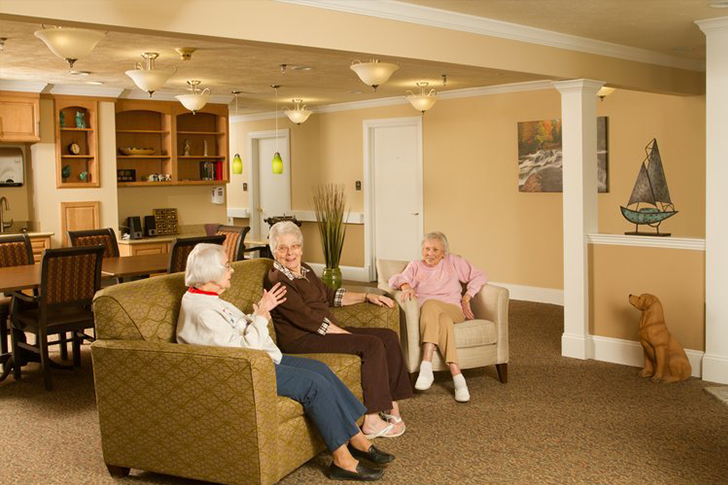Finding affordable housing is a critical issue for seniors, who often live on fixed incomes and face rising health care costs. Affordable senior apartments offer not just a safe place to live but also a community with amenities and services designed to support the health and well-being of older adults. Here’s a detailed guide on how to find cheap senior apartments that provide comfort without draining the budget.

1. Understand the Types of Senior Housing
Before beginning your search, it’s important to understand the different types of senior housing available, as this can impact cost and suitability:
- Independent Living: For seniors who can live independently but wish to reside in a community with other seniors. Amenities often include group meals, laundry services, and various social activities.
- Assisted Living: Suitable for seniors who need assistance with daily activities like bathing, dressing, and medication management.
- Subsidized Housing: Government-subsidized housing options are available for low-income seniors, offering rent adjusted to their income.
Knowing which type of housing best fits your needs or those of your loved one will help narrow down your search to the most relevant options.
2. Utilize Government Resources
Several government programs can help seniors find affordable housing:
- Department of Housing and Urban Development (HUD): HUD offers programs like Section 202 Supportive Housing for the Elderly, providing housing specifically for seniors with very low incomes.
- USDA Rural Development: This program offers rental assistance in rural areas for the elderly, making housing more affordable for seniors living in less densely populated areas.
Visit the HUD or USDA websites to find more information on eligibility and applications.
3. Search for State and Local Programs
Many states and cities offer their own programs tailored to senior housing needs. For example, some states have tax credit programs that incentivize developers to create affordable rental housing for seniors. Local Area Agencies on Aging (AAA) can provide information and resources specific to your locality. Contacting the local AAA can yield valuable guidance and possibly direct links to affordable housing options in your area.
4. Explore Non-Profit Organizations
Non-profit organizations often operate senior living facilities that are more affordable than their commercial counterparts. These organizations might offer housing due to charitable missions or specific community support objectives. Examples include religious organizations or community-specific foundations which sometimes provide housing at reduced rates or offer financial assistance.
5. Consider Co-Housing and Shared Housing
Co-housing involves multiple unrelated people or families living in a community, sharing responsibilities and spaces such as kitchens and living rooms. This option can significantly reduce living costs and also combat the isolation often felt by seniors. Shared housing programs, managed by various service organizations, match seniors with roommates or with families looking to share their home, which can be both cost-effective and enriching.
6. Check Senior Living Referral Services
These services help seniors find housing that fits their budget and needs. They typically have extensive databases of senior living communities, including those that offer subsidized or more affordable options. Be sure to choose a referral service that is reputable and transparent about fees and the types of housing they include in their listings.
7. Prioritize Location
The cost of living varies widely across different regions and cities. Sometimes, moving to a suburb or smaller town can significantly reduce housing costs. If proximity to family or specific healthcare facilities isn’t a binding constraint, considering geographic relocation could be a viable strategy for finding affordable housing.
8. Be Prepared and Patient
The demand for affordable senior housing often exceeds supply, which means waiting lists can be long. When you find a suitable option, be prepared to apply immediately by having all necessary personal documentation and financial records organized and ready. Patience is crucial, and it’s wise to apply to multiple options to increase your chances of finding a suitable residence sooner.
Conclusion
Finding affordable senior apartments requires a combination of thorough research, understanding available resources, and sometimes creative thinking about living arrangements. By utilizing government resources, exploring non-profit options, considering alternative housing styles like co-housing, and being diligent about applications, seniors can find comfortable, affordable housing that meets their needs without compromising their financial security.


Recent Comments